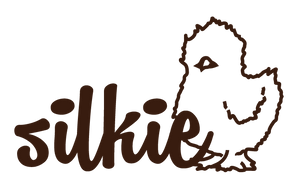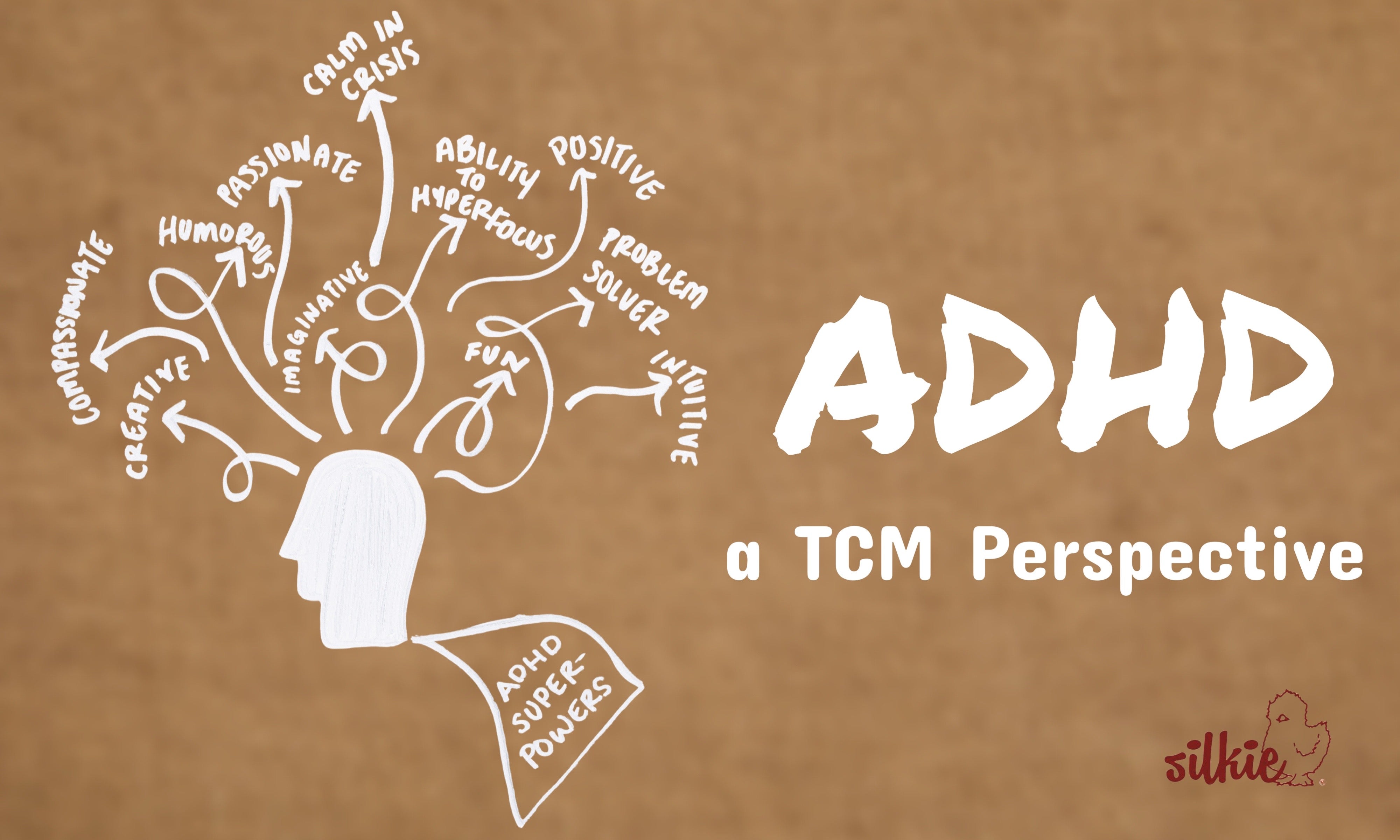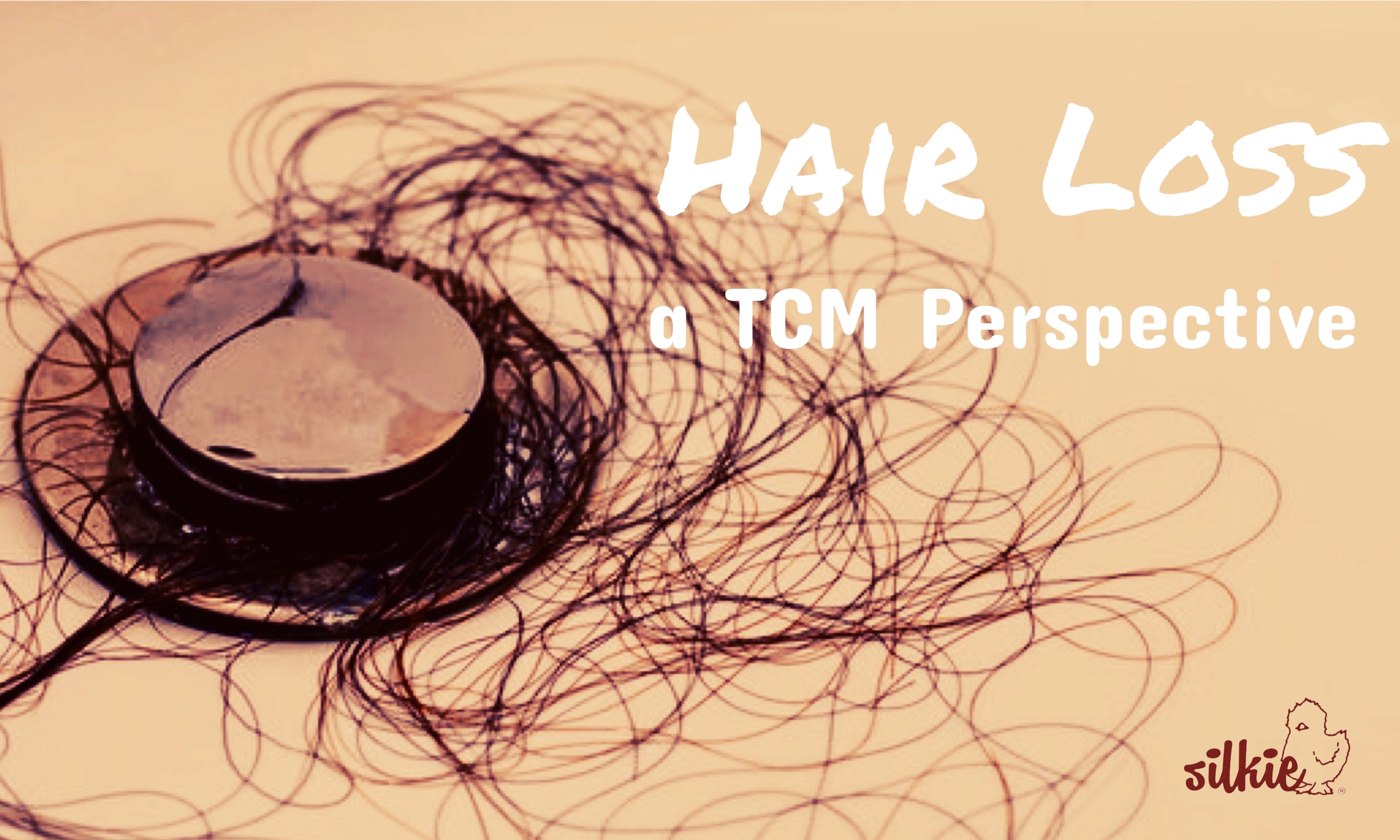Understanding Lack of Energy, Fatigue and Exhaustion

By Ann Tam
Understanding the roots and impacts of fatigue, lack of energy, and exhaustion can provide valuable insight into both common and complex health issues affecting many people. This article serves as a comprehensive guide on the causes, types, symptoms, and treatment strategies for low energy levels, fatigue, and exhaustion, drawing on perspectives from both Western and Traditional Chinese Medicine (TCM). By exploring these approaches, you’ll gain a well-rounded view of how different health systems understand and address these pervasive conditions.
Defining Fatigue, Lack of Energy, and Exhaustion
Fatigue is often described as an overall feeling of tiredness or lack of energy. Unlike drowsiness, fatigue feels more pervasive and affects both the mind and body, reducing motivation, energy levels, and the ability to perform daily activities. A common experience, occasional tiredness is normal; however, chronic fatigue and exhaustion can significantly impact physical, mental, and emotional well-being.
Causes of Fatigue and Exhaustion
Understanding what may be causing your fatigue is essential for identifying the right strategies to regain energy and vitality. Here’s a breakdown of some common contributing factors.
1. Lifestyle-Related Factors
Certain habits and lifestyle choices can drain energy and leave you feeling exhausted:
- Poor Sleep Habits: Not getting enough sleep, irregular sleep patterns, or experiencing sleep disturbances all contribute to fatigue. Consistent, quality sleep is crucial for energy restoration and cellular repair.
- Sedentary Lifestyle: Physical inactivity can contribute to fatigue. Our bodies are designed to move, and prolonged sitting or lack of exercise can weaken muscles and lower energy levels.
- Unhealthy Diet: Poor nutrition, lack of hydration, and an excess of caffeine or sugar can result in erratic energy spikes followed by crashes, leading to overall fatigue.
- Chronic Stress: Emotional and psychological stress can cause physical exhaustion. Over time, the effects of stress wear down the body’s energy reserves.
2. Medical and Physiological Conditions
Some medical conditions have fatigue as a common symptom:
- Chronic Illnesses: Fibromyalgia, chronic fatigue syndrome, autoimmune diseases, and thyroid disorders can cause persistent fatigue.
- Anemia: Iron deficiency anemia, where red blood cells carry less oxygen throughout the body, is a common source of fatigue.
- Infections: The body’s response to fight off viral or bacterial infections often causes significant fatigue.
- Chronic Pain: Conditions like arthritis and migraines can exhaust the body’s resources, contributing to fatigue.
3. Psychological and Emotional Influences
Psychological well-being greatly affects energy levels. Conditions that contribute to fatigue include:
- Depression: Mental health conditions like depression often include fatigue as a primary symptom, affecting interest in activities and diminishing motivation.
- Anxiety: Chronic anxiety, panic attacks, or a constant state of tension can deplete energy and cause mental fatigue.
- Burnout: Long-term stress from work or personal life can lead to burnout, which is characterized by a sense of emotional and physical depletion.
4. Environmental Factors
Certain environmental elements can impact energy levels as well:
- Exposure to Toxins: Environmental pollutants and toxins disrupt cellular processes and can reduce energy.
- Extreme Weather: Exposure to extreme temperatures can cause the body to use extra energy to regulate itself, leading to fatigue.
Types of Fatigue
Fatigue is often categorized into different types, depending on its source and symptoms. Understanding these distinctions can guide a more targeted approach to recovery.
- Physical Fatigue: Physical fatigue affects the muscles and body, causing sensations of weakness and reduced stamina.
- Mental Fatigue: Mental fatigue impairs concentration, memory, and problem-solving abilities, leading to cognitive sluggishness.
- Emotional Fatigue: Emotional fatigue is marked by irritability, mood swings, and emotional exhaustion, often due to stress or trauma.
Symptoms of Fatigue and Exhaustion
Symptoms of fatigue are varied and can include persistent tiredness, reduced physical endurance, poor concentration, mood changes, sleep disturbances, and other physical symptoms such as headaches or body aches.
Management Strategies for Boosting Energy and Combating Fatigue
Several approaches can help mitigate fatigue and support overall energy levels.
1. Improving Sleep Hygiene
Creating a consistent sleep schedule and a restful environment, along with relaxing bedtime routines, can improve sleep quality.
2. Balanced Diet and Hydration
A diet rich in fruits, vegetables, lean proteins, and whole grains supports energy levels, while proper hydration prevents dehydration-related fatigue.
3. Regular Physical Activity
Exercise improves circulation, increases stamina, and is known to reduce fatigue by boosting endorphin levels.
4. Stress Management
Mindfulness, meditation, deep breathing exercises, and yoga can all reduce stress, calming both mind and body.
5. Seeking Medical Evaluation
When fatigue is persistent, it’s advisable to consult a healthcare professional to rule out underlying medical conditions. Testing for issues like anemia, thyroid imbalances, or sleep disorders can help provide clarity on specific causes of fatigue.
6. Addressing Psychological Factors
Counseling and therapy can help manage conditions such as depression, anxiety, or burnout, and provide tools to restore emotional well-being and energy levels.
7. Self-Care and Rest
Taking breaks, setting boundaries, and engaging in leisure activities can reduce overexertion and contribute to a balanced work-life dynamic.
Western Medicine’s Perspective on Energy and Fatigue
In Western medicine, energy endurance is linked to cardiovascular health, muscle strength, aerobic capacity, and metabolic efficiency. It’s often assessed with metrics such as VO2 max, which measures oxygen uptake, and muscular endurance tests. When it comes to treatment, Western approaches involve lifestyle modifications, medications for conditions like anemia or thyroid disorders, and sometimes psychotherapy for mental health conditions.
Fatigue in Western medicine is classified as either acute or chronic. Acute fatigue can often be resolved with rest, relaxation, and hydration, while chronic fatigue may indicate underlying issues like fibromyalgia, autoimmune diseases, or chronic fatigue syndrome. Managing these conditions often requires a combination of medication, lifestyle changes, and sometimes specialized treatments.
Traditional Chinese Medicine (TCM) on Fatigue and Energy
Traditional Chinese Medicine (TCM) provides a unique perspective on fatigue, seeing it as a manifestation of an imbalance in the body’s energetic systems. This imbalance is often attributed to deficiencies in Qi (vital energy) and blood circulation. In TCM, maintaining balanced Qi and blood flow is crucial for optimal energy and vitality.
Key Concepts in TCM Related to Fatigue
TCM practitioners assess fatigue by examining specific patterns in the body’s Qi and organ systems, especially focusing on the spleen, liver, kidneys, and lungs.
- Qi Deficiency: A shortage of Qi manifests as general weakness, tiredness, and sluggishness. Factors contributing to Qi deficiency include chronic stress, overwork, poor diet, and emotional imbalances.
- Liver Qi Stagnation: Fatigue caused by liver Qi stagnation often shows up as irritability, emotional tension, and sluggish digestion.
- Kidney Qi Deficiency: The kidneys are viewed as a foundation for physical and mental vitality in TCM. Kidney Qi deficiency results in deep-seated fatigue, weakness, and low motivation.
- Blood Deficiency: Blood deficiency leads to symptoms like dizziness, weakness, and pallor and is associated with insufficient nourishment of the body’s tissues and organs.
- Yin and Yang Imbalance: Health depends on the balance between yin (cooling) and yang (warming) energies. Imbalances can cause symptoms like fatigue, insomnia, night sweats, or chills, depending on the type of imbalance.
TCM Treatment Approaches
In TCM, addressing fatigue involves restoring the smooth flow of Qi and nourishing the affected organs through:
- Acupuncture: Stimulating energy points to balance Qi and blood flow.
- Herbal Medicine: TCM formulas often combine several herbs to tonify and regulate Qi, replenish blood, and support overall organ function.
- Dietary Adjustments: Nutrition plays a vital role, with TCM recommending foods that support the spleen and digestive systems, such as warm, cooked meals.
- Lifestyle Practices: Tai Chi, Qi Gong, and meditation are encouraged for their energy-regulating benefits.
Traditional Chinese Medicine (TCM) vs. Current Herbalism
Western herbalism usually uses single herbs in high doses to target symptoms, while TCM takes a holistic approach, often combining multiple herbs to treat the underlying cause of imbalance. TCM herbal formulas work synergistically, balancing various energies in the body and reducing the risk of side effects by using complementary herbs.
TCM Approach: Qi as a Fuel Source
An analogy commonly used in TCM describes Qi as fuel in a car, with the body as the engine. Low Qi is akin to a low fuel tank, where the car (or body) can’t function optimally, leading to sluggishness and decreased performance. Just as a car requires regular maintenance and proper fuel, the body relies on balanced Qi, rest, and care to function at its best.
Silkie’s Herbal Formulas
Silkie is the result of five generations of experience and wisdom in Chinese Medicine. We start with the highest quality herbs that have been harvested at the height of their potency. They are substantially more expensive than less potent herbs that were harvested in the pre-or post-season, but in our view, there is no substitute for premium quality. Our supplements are made with natural honey as the binder. We don't use any fillers or artificial ingredients because this is how our great-grandfathers did it and we carry on that tradition.
Herbal formulations take years and years to master and the most potent formulas are often kept as family or lineage secrets. This rich tradition is a very valuable gift from previous generations. With five generations of crafting formulas to help the local community, we have refined the herbal blends for modern life.
Pilose Asiabell Root (Dang Shen):
- Properties: Sweet, slightly warm; targets Spleen and Lung meridians.
- Functions: Tonifies Spleen, augments Qi, generates fluids.
- Applications: Treats fatigue, poor appetite, loose stools; supports energy and digestion.
Angelica Root (Dang Gui):
- Properties: Sweet, spicy, warm; primarily targets Liver, Spleen, Heart, and Kidney meridians.
- Functions: Nourishes blood, regulates menstruation, invigorates Qi.
- Applications: Addresses blood deficiency, menstrual issues, Qi deficiency symptoms.
Thorowax Root (Chai Hu):
- Properties: Bitter, acrid, slightly cold; targets Liver and Gallbladder meridians.
- Functions: Harmonizes Shao Yang, soothes Liver, resolves Qi stagnation.
- Applications: Useful for Shao Yang syndrome, liver-related mood swings, chest and rib-side pain.
Tangerine Peel (Chen Pi):
- Properties: Bitter, acrid, slightly warm; affects Spleen and Lung meridians.
- Functions: Regulates Qi, dries dampness, harmonizes digestion.
- Applications: Treats digestive issues like bloating, nausea, and damp-phlegm cough.
Black Cohosh Rhizome (Sheng Ma):
- Properties: Acrid, slightly bitter, slightly cold; targets Spleen and Stomach meridians.
- Functions: Lifts Yang Qi, disperses wind-heat, resolves toxicity.
- Applications: Addresses organ prolapse, wind-heat conditions, and toxicity-related symptoms.
Licorice Root (Gan Cao):
- Properties: Sweet, neutral; works on Spleen, Stomach, Heart, and Lung meridians.
- Functions: Harmonizes digestive system, moistens Lungs, clears heat and toxins.
- Applications: Alleviates digestive and respiratory issues, clears heat and detoxifies.
Pure Honey:
- Properties: Sweet, neutral; harmonizes all meridians.
- Functions: Moistens, nourishes, tonifies Spleen and Stomach, soothes.
- Applications: Supports respiratory and digestive health, promotes healing, reduces stress.
Combining Herbal Formula Together
Here are some suggestions for combining Energy Endurance herbal formula together for a better effective approach:
- Athletic Training: Combine Cough(C) 3 - 5 pills, Kidney Yin 3 - 5 pills, Sinus 1- 2 pills with Energy Endurance 3 - 5 pills for tonifying Qi flow, balancing yin and yang, clearing blockages, and boosting blood circulation. These formulas are ideal before workouts, enhancing endurance, stamina, and muscle function, and improving oxygen intake for sustained physical exertion, minimizing fatigue, and optimizing performance.
- Vocal Fatigue: Combine Vocal 5 - 10 pills with Energy Endurance 3 - 5 pills to support lung Qi, enabling clearer and louder voice projection, beneficial for singers, speakers, or those relying on their voice professionally.
- Eye Fatigue or Eye Strain: Combine Eye Support(V) 5 - 10 pills with Energy Endurance 3 - 5 pills to enhance visual acuity, promote eye health, and alleviate eye fatigue by nourishing the eyes with blood, Qi, and fluid.
- Combatting Fatigue: Combine one of Silkie’s Digestion herbal formulas with Energy Endurance 1 - 5 pills to address stomach and spleen Qi deficiency symptoms, such as poor appetite, fatigue, and weakness. Boosting oxygen intake helps combat fatigue, revitalizing the body, and promoting vitality.
- Mental Fatigue: Combine Focus 5 - 10 pills with Energy Endurance 5 - 10 pills to reduce mental fatigue and enhance focus, concentration, and cognitive performance before mentally demanding tasks like meetings or studying sessions.
- High Altitude Transition: Combine Cough(C) 3 - 5 pills, Kidney Yin 3 - 5 pills, and Energy Endurance 1 - 5 pills to support oxygen uptake and alleviate altitude-related fatigue when transitioning to high altitudes with thinner and drier air.
Overall, in TCM, lack of energy, fatigue, and exhaustion are seen as manifestations of underlying imbalances in the body's energy systems. Treatment aims to restore harmony and balance by addressing the root causes of these imbalances, promoting the free flow of Qi and blood, and nourishing the body's vital substances. Through a holistic approach that integrates acupuncture, herbal medicine with Chinese herbs for lack of energy, fatigue and exhaustion formulation, dietary therapy, and lifestyle modifications, individuals can regain vitality, resilience, and overall well-being.




